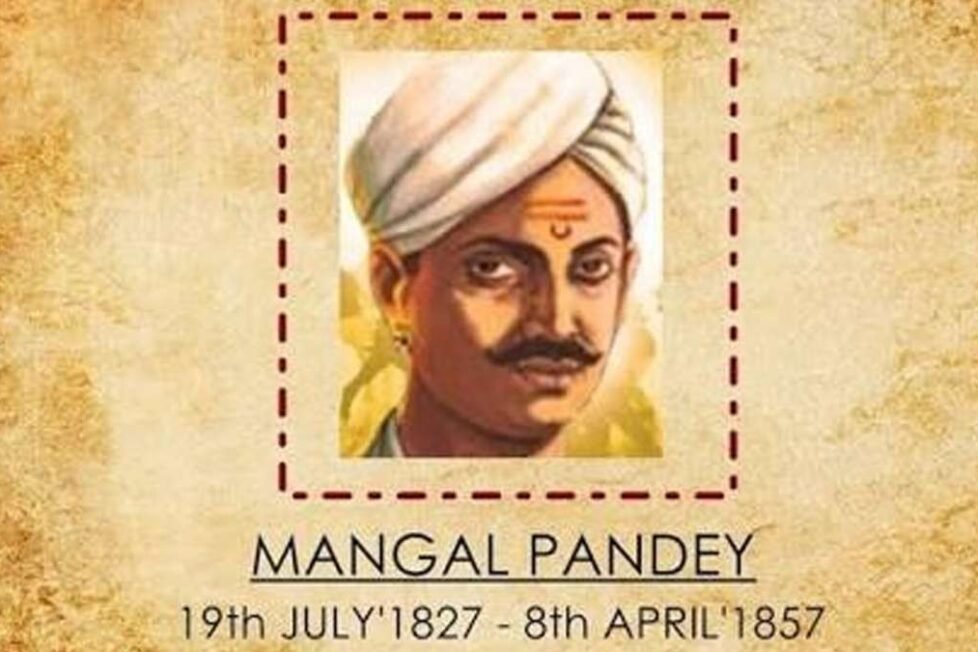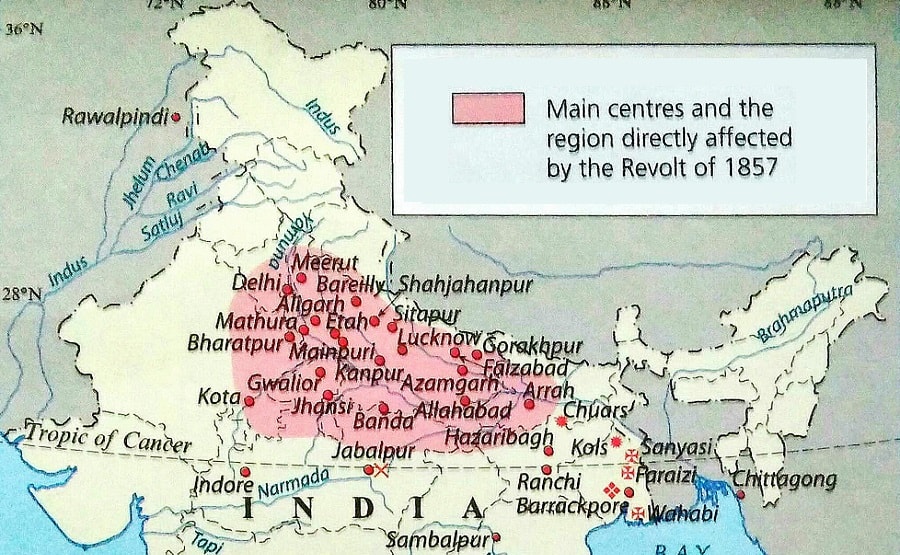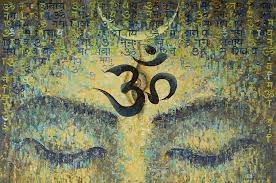Mangal Pandey: Symbol of Hindu Bravery
The British government carried out his execution 10 days earlier, on April 8, fearing further riots if the government waited that long. He was hanged at the age of 29, marking the beginning of one of the greatest uprisings against British Raj in Indian history.





